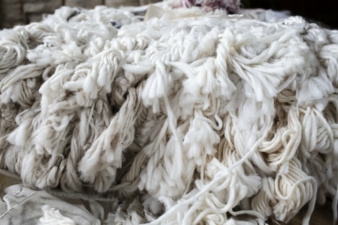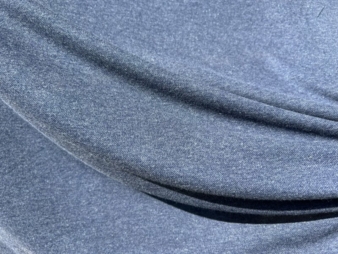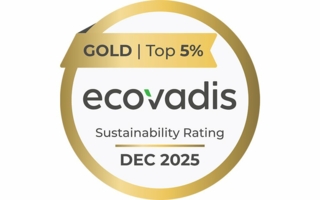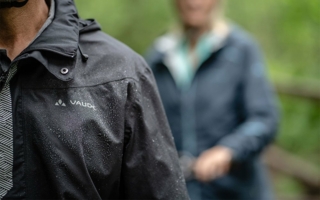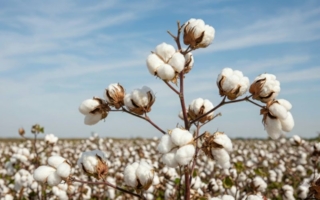22/07/2025 – Cooperation — auf Deutsch lesen
Recycled natural fibers with Tencel Lyocell
Four established Italian manufacturers partner with Lenzing to address recycled natural fiber quality inconsistencies, transforming textile waste challenges into premium fabric solutions using Tencel Lyocell.
The Lenzing Group has unveiled innovative fabric blends that address one of fashion’s most persistent circularity challenges: maintaining premium quality while incorporating significant recycled content. Through strategic manufacturing partnerships, Lenzing has successfully demonstrated how its responsibly sourced and resource-efficiently produced Tencel Lyocell fibers transform the unpredictable quality of mechanically recycled natural fibers into consistent, commercially-viable fabrics.
The innovations, developed in partnership with spinner Marchi & Fildi S.p.A, knitter Maglificio Maggia, weaver Destro Fabrics, and knitwear manufacturer Madiva, showcase how Tencel Lyocell - LF, Tencel Lyocell - LFH, and Tencel Lyocell - A100 fibers overcome the inherent irregularity and inconsistent quality typically associated with recycled natural fibers.
Targeted fiber selection unlocks recycled material potential
The approach leverages distinct Tencel Lyocell fiber variants, including those with Micro technology, to address specific recycled material challenges. Low-fibrillating Tencel Lyocell - LF and Tencel - LFH fibers contribute exceptional softness and processing stability, while non-fibrillating Tencel Lyocell - A100 enables brilliant color uptake and performance in functional and home applications. These attributes are particularly valuable when working with inherently inconsistent recycled fibers.
This precision approach has yielded diverse applications: premium knits combining Tencel Lyocell - A100 with recycled silk, wool or cashmere; versatile apparel fabrics blending Tencel Lyocell - LF with varying percentages of recycled cotton; and performance constructions incorporating world-first, Cradle to Cradle-Certified elastane Roica V550 alongside Tencel fibers and recycled content.
“This project allows us to take our expertise in mechanical fiber recycling to the next level,” says Alberto Grosso, Business Development Manager at Marchi & Fildi Group. “Exploring new potential applications for recycled fibers in collaboration with internationally recognized companies is a unique opportunity for us to expand our yarn offering with varieties tailored to specific market demands.”
Circularity without compromise
The partnership demonstrates that circular materials need not compromise quality or performance. By strategically combining mechanically recycled natural fibers with Tencel Lyocell fibers, which are made from wood, a natural raw material that is both gentle on the skin and the environment, the resulting fabrics deliver both sustainability benefits and premium performance.
Crucially, this approach addresses the challenge of scale in circular materials. While recycled fibers have traditionally been limited to small percentages due to quality concerns, these blends maintain commercial performance with recycled content ranging from 25% to 50%, depending on the application.
These fabric innovations, to be showcased during Lenzing’s appearance at Milano Unica, July 8–10, 2025, at Fiera Milano (Hall 3, booth A16), represent Lenzing’s broader vision of driving collaborative innovation across the global textile value chain – proving that when fiber technology aligns with manufacturing expertise, circular principles can move from aspiration to implementation across diverse market segments and product categories.

